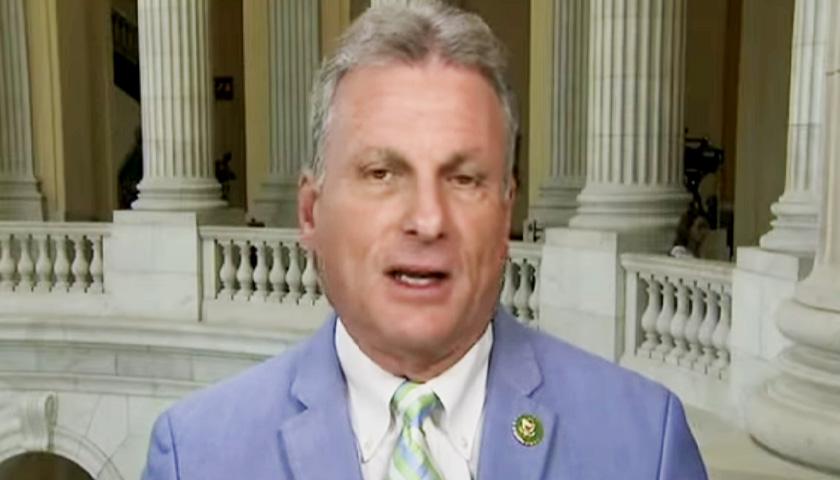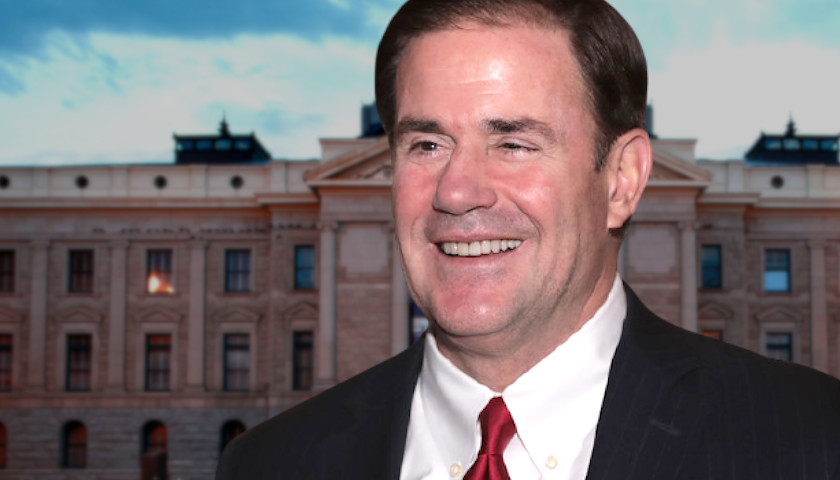by Anthony Hennen
Pennsylvania lawmakers are considering a shortcut of sorts to expand health care access: let psychologists, not just psychiatrists, prescribe medication.
A handful of states and the federal government already do so, but critics worry about a lack of proper training and other innovations of the past that have not panned out.
The proposal, House Bill 1000, is “about making desperately needed health care more accessible to more Pennsylvanians,” Rep. Dan Frankel, D-Pittsburgh, said during a meeting of the House Professional Licensure Committee on Monday. “This is a reasonable and commonsense way to expand access quickly to patients waiting desperately for health care access now.”
The bill would allow psychologists to qualify for prescription authority by meeting educational and training requirements set by the state Board of Psychology, granting them similar privileges as primary care physicians, nurse practitioners, and physician assistants for psychotropic medications.
Iowa, Idaho, Illinois, New Mexico, Louisiana and Colorado already allow psychologists to prescribe medication, Frankel noted in his legislative memo for the bill, as does the U.S. military, the Public Health Service, and the Indian Health Service.
HB1000 “provides a solution to the psychotropic medication access crisis,” said Dan Warner, a licensed psychologist testifying on behalf of the Pennsylvania Psychological Association. “A national study found that only 18% of psychiatrists are accepting new patients.”
In Pennsylvania, the PPA found a significant number of psychiatrists had wait times of 6-8 weeks.
“Six to eight weeks when I’m waiting for a general specialist is not a big deal,” Warner said. “But when you’re talking about the reality of everyday needs of mental health medications, it is much too long to wait.”
For states that allow psychologists to prescribe medicine, Warner said mental health death rates “always” fell and states didn’t have a rise in “problematic safety issues” or overprescribing medications. Psychologists also saw more rural patients and patients on Medicaid, he said.
Extra limitations on psychologists, however, could neuter the reach of an expansion.
“I encourage lawmakers to avoid making psychologists undergo unnecessary didactical clinical training,” said Jeff Singer, a senior fellow at the Cato Institute’s Department of Health Policy Studies and a surgeon in private practice in Phoenix.
Some states have required psychologists to train in surgery and other specializations before they could prescribe medicine, which Singer called “cynical attempts by entrenched incumbents to reduce competition.”
Rep. John Lawrence, R-West Grove, noted that previous attempts to expand health care access have fallen flat. Pennsylvania has struggled to quickly license nurses to work in the commonwealth, and a nurse licensing compact with other states has yet to get approved at the federal level.
“It’s very difficult to sort out these issues,” Lawrence said.
The state psychiatry association came out against the bill.
“The reason is concern of training for their overall understanding of whole-health care and reducing it to one part when it’s much broader,” said Mary Anne Albaugh of the Pennsylvania Psychiatric Society. “The training that medical education affords is different than that of the training for psychologists.”
As things stand now, if patients can’t meet with a psychiatrist, they end up in local hospitals.
“Especially when you’re dealing with acute mental health problems, they’re going to emergency rooms,” Warner said. “You talk to ER directors, they are very often speaking about getting overwhelmed with mental health cases and not having sufficient psychiatric time to deal with it.”
– – –
Anthony Hennen is a reporter for The Center Square news wire service, covering Pennsylvania, and co-host of Pennsylvania in Focus, a weekly podcast on America’s Talking Network. Previously, he worked for Philadelphia Weekly and the James G. Martin Center for Academic Renewal. He is managing editor of Expatalachians, a journalism project focused on the Appalachian region.









I am a psychologist and I do not support what is being proposed. There is a way for psychologists to prescribe medications today, it is called med school. We, psychologists, do not have the requisite training to fully understand pharmacology. I have seen many times where internists and general practitioners struggle in adjusting psychotropic medications. These are licensed physicians, to believe a psychologist could do better is just wrong.